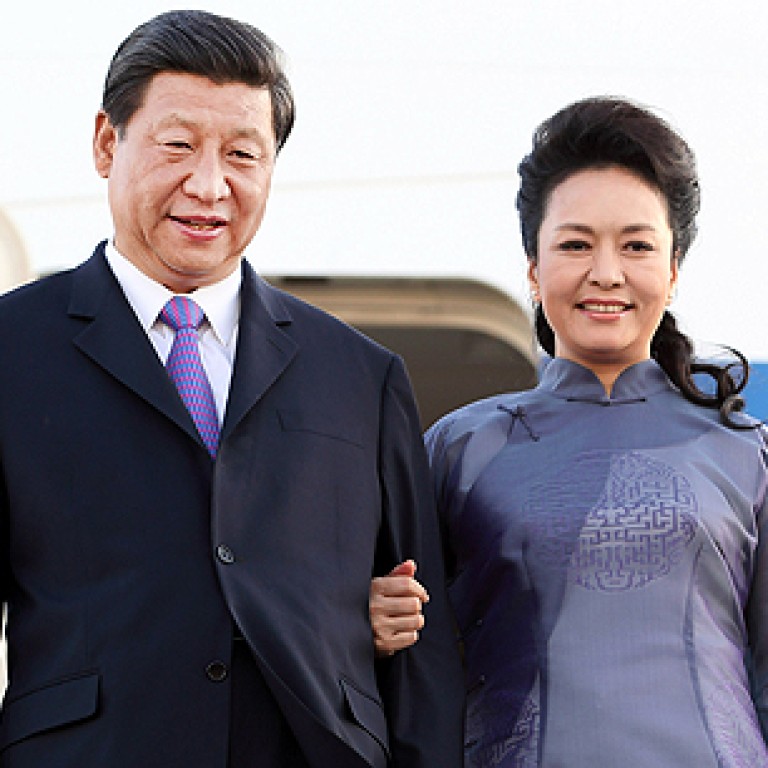
Henry Paulson calls on Xi, Obama to 'reset' relations in California meeting
Chinese President Xi Jinping and United States President Barack Obama should use their meeting in California to “reset” US-China relations to focus on mutual economic benefits, advised former US Treasury Secretary Henry Paulson.
Paulson, who was also former head of Wall Street bank Goldman Sachs, said Xi had a “different style and tone” to his predecessors.
Xi arrived in the US on Friday and will spend two days in informal gatherings with Obama at Sunnylands in Rancho Mirage, California. The meeting has understandably attracted considerable interest from politicians and business leaders.
“I think this meeting is very, very important,” said Paulson at the 12th Fortune Global Forum hosted in Chengdu on Friday. “What they need to do is to build the relationship, trust themselves and reach consensus. It’s very clear we need to reset relations between the US and China. It’s now the most important bilateral relationship in the world,” he added.
“The cornerstone [of US-China relations] is their economic relationship and the top [leaders] can set the tone. I am hoping one of the things that will come out immediately is their economic negotiators [can say] ‘let’s get some important things done’,” said Paulson.
The first meeting between the two leaders, since Xi succeeded Hu Jintao in March, was originally scheduled for September on the sidelines of the G20 summit in Russia. Both sides believed they urgently needed to discuss a number of contentious issues ranging from computer hacking of US organisations to foreign policy issues in Asia.
Paulson also said China needed to focus more on long-term growth rather than short-term economic targets. However, making these changes would be “a very difficult process,” he added.
“The current growth model [of China] is running out of gas,” said Paulson. “The future of the economy will be in the private sector.”
“I think the difficulty is the [mainland] economy’s size. People don’t like change. If there is not a crisis; it’s hard to drive change,” he said.

Wu Jinglian, one of the mainland’s most famous economists, told the last year that economic reform on the mainland had “significantly slowed” since the start of the new century. This was partly due to deep-rooted corruption in China, he said.
Henry Paulson said: “The good news is the expectations the Chinese people have are so high because now they have very strong leaders. The bad news is it is almost impossible to meet all their expectations.”

